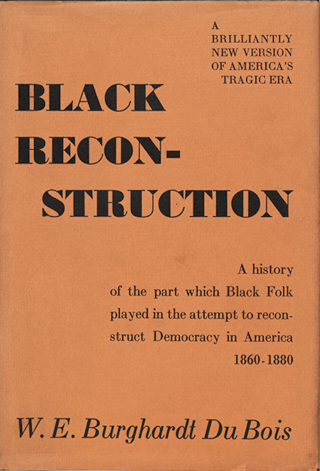DSJ: What, then, are the essential features of Du Bois’s international thought?
AG&JP: Central to Du Bois’s thought is a critique of the idea that the international order is organized around equal and independent nation-states. For Du Bois, this is a deeply misleading picture. It disaggregates the domestic regime and constitution of the nation-state from international relations and portrays states as relating to one another with sovereign independence. Du Bois explored the centrality of empire and race as key institutional and ideological features of the international order. By doing so, he generated several important insights. First, he argued that racial domination and economic exploitation within societies is continuous with and causally connected to imperial and international domination and exploitation. Both are fundamentally a matter of controlling the labor of racialized bodies while commandeering land, wealth, and natural resources.
Second, he critiqued the myth of sovereign autonomy. The image of the independent, self-contained state hid from view the exploitation of imperial subjects and the global movement of capital. The sovereign European nation-state was in a crucial sense an illusion, its prosperity and political order inextricable from a global system of domination. Correspondingly, the sovereignty of the few independent states of Africa and the Caribbean was also deceptive. Using Liberia as an example, Du Bois argued that the ideal of a sovereign state elided from view the ways in which postcolonial states were produced out of imperial histories that continued to shape their political and economic trajectories. In Du Bois’s view, then, a state like Liberia was not “a self-steered craft, master of her own fate,” but “a canoe tossed on raging economic currents which eddied out of the slave trade of the eighteenth century into the swirl of the World War in the twentieth century.”
Third, he argued that true democracy could not be realized anywhere until democracy had become universal: “The habit of democracy must be made to encircle the earth.” What passed for democracy in Europe and the US—racially exclusive and dependent on the exploitation of colonial land and labor—was a stunted, corrupting, and combustible political compromise. As long as this remained the standard of democracy, workers—white workers included—would have no real self-determination, and world wars among rival powers would remain inevitable. The realization of democracy for all people, then, depended on the political mobilization of a global “union of color.”


